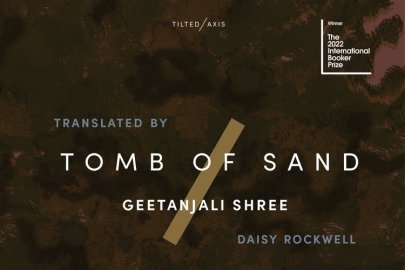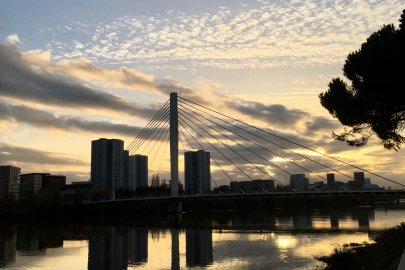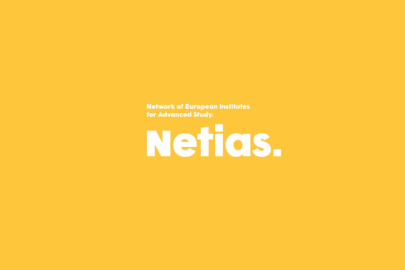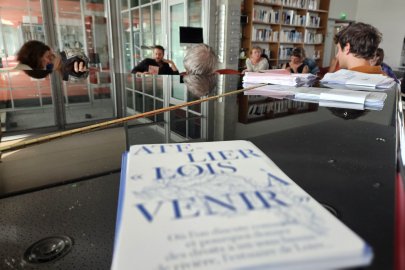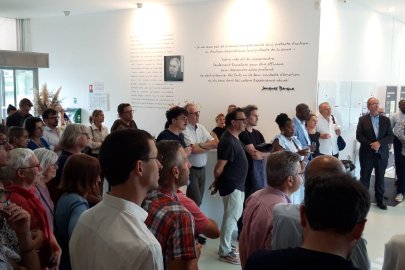For 15 years, the Nantes Institute for Advanced Study has established itself as a place of academic excellence, fostering interdisciplinary reflection on the foundations of our societies. Beyond a simple retrospective, this anniversary is an opportunity to question the future of this institution and to reflect on the challenges ahead in light of its scientific mission.
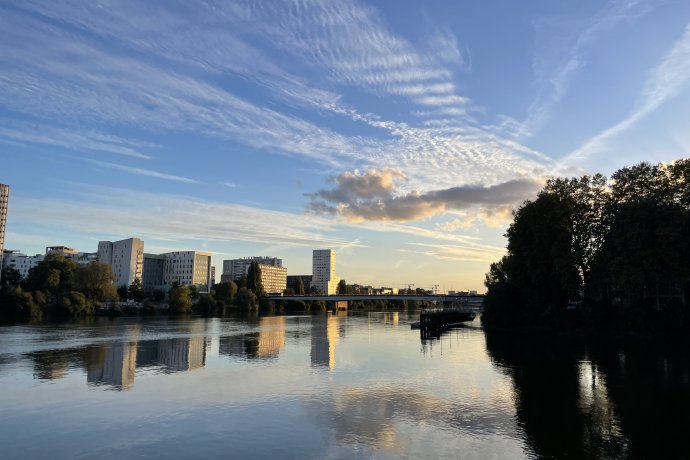
Contributions
The 450 fellows hosted since the beginning, coming from all corners of the world, represent a great diversity of disciplines that they have brought into dialogue by exploring new avenues of thought. This intellectual cross-pollination is at the heart of the Institute’s identity, offering a space of academic freedom conducive to the exchange of knowledge.
For this 15th anniversary, a call for contributions was issued to them with two themes to choose from: what the idea of 'Living the world differently' represents to them, and how they envision the Institute in 15 years.
These shared perspectives on the future of the Institute contribute both to reflecting some of the intellectual paths that have been explored here and to shaping a desirable future. Some responses are quite humorous, and that’s a good thing!
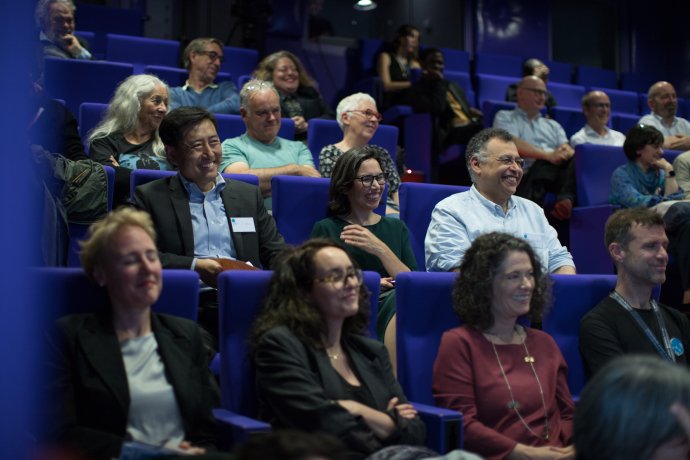
Conferences
Three conferences enriched the scientific discourse during this anniversary week.
The inaugural lecture was given by Professor Souleymane Bachir Diagne, an associate member of the Institute, sponsor of the Chair Arts, Society and Contemporary Change, and Professor of Philosophy at Columbia University in New York.
Through his philosophical reflection on the universal, he allowed us to grasp a first way of thinking about the commons, a structuring axis of the new scientific project
We also had the privilege of welcoming Geetanjali Shree and Annie Montaut. Both former fellows of the Institute, they kindly joined us in Nantes to discuss the book Ret samadhi. Au-delà des frontières de G. Shree, recipient of the 2022 International Booker Prize and the Inalco Prize for Annie Montaut's French translation.
This literary journey explores borders and boundaries: those of women in Indian society, as well as geographical, gender, and even linguistic boundaries. This art of transgression resonates at the Institute as an illustration of the step outward that every Fellow takes when confronting their research with that of other researchers from around the world.
Finally, Camille de Toledo, artist, writer, and also an associate member of the Institute, presented his ongoing reflection on finitude and infinitude in future ecological thought. An attempt to bring hope to a struggle seemingly constrained by many limits.
'Faced with narratives that rely on the infinite hubris of human power, ecology—the thought of earthly attachments—often seems stuck in stories of exhaustion, finitude, and planetary limits. In short, we would be condemned to this alternative: the allure of the infinite on one side. And on the other, a thought, a politics of finitude. However—and this is our whole effort—there is a path to making ecology infinite, to making the attachment, the re-connection to the entities of nature, to the bodies of the world, infinite.'

